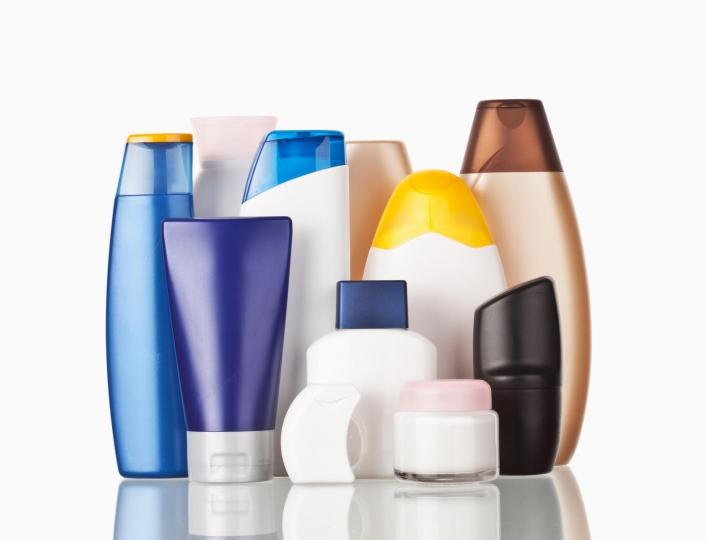
Antiseptics in our everyday toiletries—including toothpaste, shampoo, lotions and eye drops—interfere with our cells and the sex hormone, estrogen, which could influence our ability to have healthy children.
The antiseptic compounds known as quats affect our mitochondria, the energy centres in our cells, and interrupt estrogen signalling, which could lower our fertility levels.
Quats have been used as antiseptics in toiletries and household cleaning products since the 1940s, and were thought to be safer alternatives to other antiseptic agents such as triclosan.
Scientists aren't sure what the full implication of our constant exposure to quats might mean, but drugs that inhibit mitochondrial activity are known to cause Parkinson's disease, and animal studies have shown that any interruption to estrogen production causes reproductive damage, and affects fertility.
Researchers from the University of Southern California at Davis tested 1,600 compounds and drugs, such as everyday toiletries and cleaning products. These included toothpastes, mouthwashes, lozenges, nasal sprays, eye drops, shampoos, lotions, intra-vaginal spermicidal sponges and household cleaners. All contained quats (quaternary ammonium compounds) as anti-microbial agents.
They all inhibited mitochondrial function. Mitochondria are the energy powerhouses in our cells, which suggests our cells could function less well, or even die, without their energy source. They also interrupted estrogen signalling, which could affect a woman's reproduction cycle and fertility.
Their first tests have been carried out in test-tubes in the laboratory, and the scientists now want to see if similar effects can be seen in animal studies. From that, they'll be clearer about the impact of quats on human health.
https://www.wddty.com/news/2017/08/everyday-toiletries-could-be-making-us-less-fertile-scientists-fear.html?utm_source=Boomtrain&utm_medium=email&utm_campaign=enews_31082017&bt_ee=8GH9FwiXvEq9VsxFndfXMjkZ+h8KOiCdf0JoK5gmuEk=&bt_ts=1504181089952
